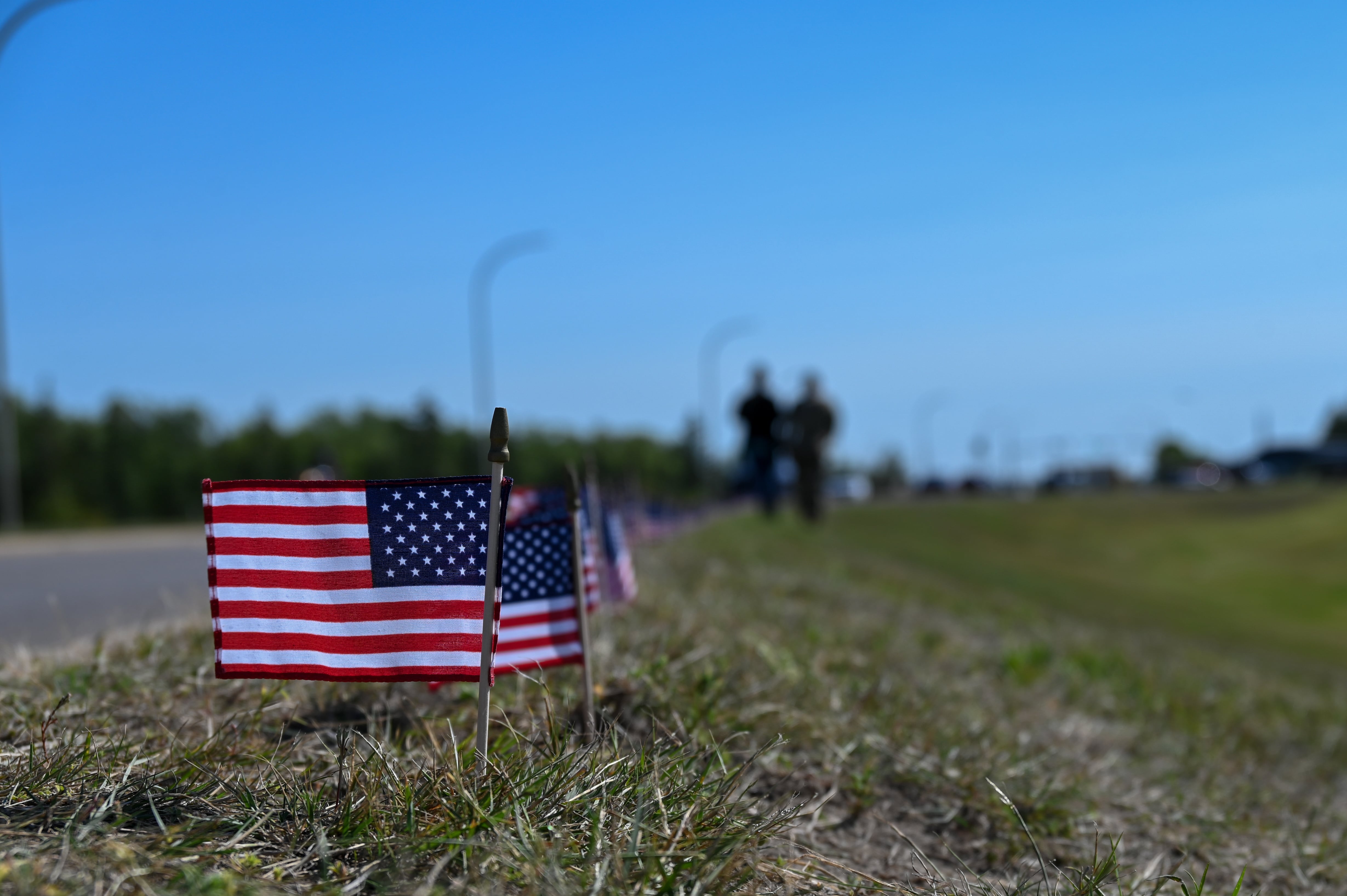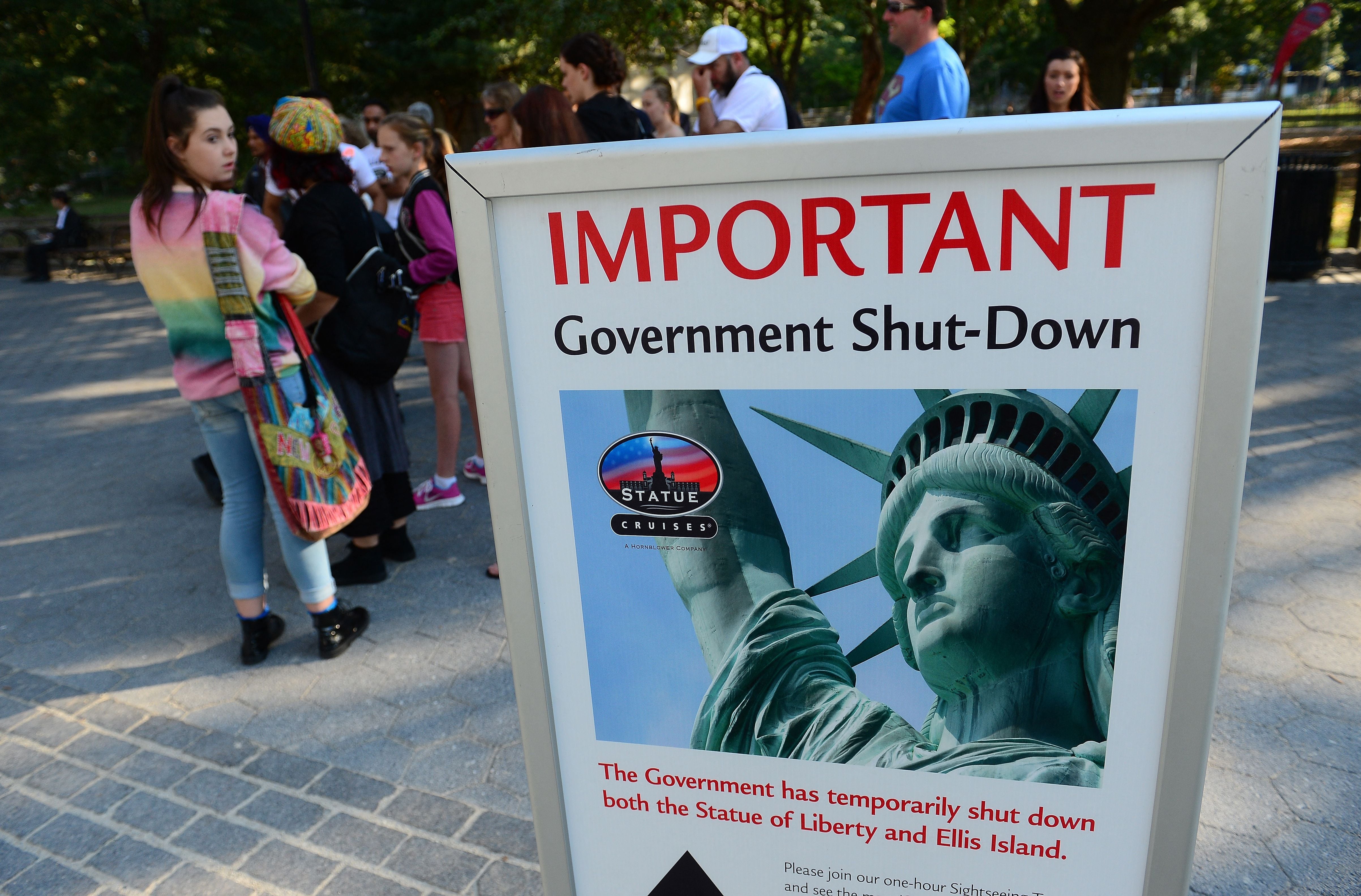JOINT BASE PEARL HARBOR-HICKAM, Hawaii — The U.S. Air Force’s top commander in the Asia-Pacific region said his troops haven’t changed the way they operate in response to North Korea’s assertion that it would have the right to shoot down U.S. bombers even in international airspace.
U.S. Pacific Air Forces commander Gen. Terrence O’Shaughnessy told The Associated Press that flying or sailing anywhere international law allows is an important part of the law-based international order. He said all nations need to abide by the rules that have underpinned the region’s prosperity for decades.
“We feel strongly we should be able to fly, sail anywhere international rules allow, and we will continue to do so,” O’Shaughnessy said.
The general spoke Friday after hosting a meeting in Hawaii of air force leaders from 17 other countries from around the region.
Earlier in the week, North Korea’s foreign minister said a tweet from President Donald Trump was a “declaration of war.”
Ri Yong Ho said that under the U.N. charter, North Korea has the right to self-defense and “every right” to take countermeasures, “including the right to shoot down the United States strategic bombers even when they’re not yet inside the airspace border of our country.”
The White House said the U.S. hadn’t declared war on North Korea. Trump had tweeted that North Korea’s leadership led by Kim Jong Un “won’t be around much longer.”
The U.S. flies bombers, escorted by fighter jets, to the Korean Peninsula for routine exercises and for “show of force” missions aimed at demonstrating its military capabilities to North Korea. Many of the flights are in response to the North’s ballistic missile launches.
The bombers take off from Guam, where the U.S. has been rotating fleets of B-2 stealth bombers, B-1 and B-52 bombers since 2004.

O’Shaughnessy said he told the other Air Force leaders in Hawaii about the missions and got their feedback.
He said there was growing concern among his counterparts about how North Korea’s testing of nuclear weapons and missiles would affect the region and globe.
The U.S. has flown five “show of force” missions to the Korean Peninsula since July. Four have involved allies.
On Sept. 17, two B-1 bombers flew from Guam to South Korea with Marine Corps F-35 stealth fighters. They were joined by South Korean F-15s. The U.S. planes also flew over waters near Japan with Japanese F-2 fighter jets on that same mission. The Air Force said this maneuver was in response to North Korea’s launching of a ballistic missile over Japan three days earlier.
“It is hopefully received as a message of solidarity,” O’Shaughnessy said. “That this is a region that has common values, common principles, that is willing to stand together in order to preserve those.”
The Hawaii meeting included air defense chiefs from countries from India to Canada, some of whom are U.S. treaty allies and others friendly nations that work together with the U.S.
O’Shaughnessy said the conference allowed leaders to develop the personal relationships that help them operate together on everything from disaster relief to conflict.





